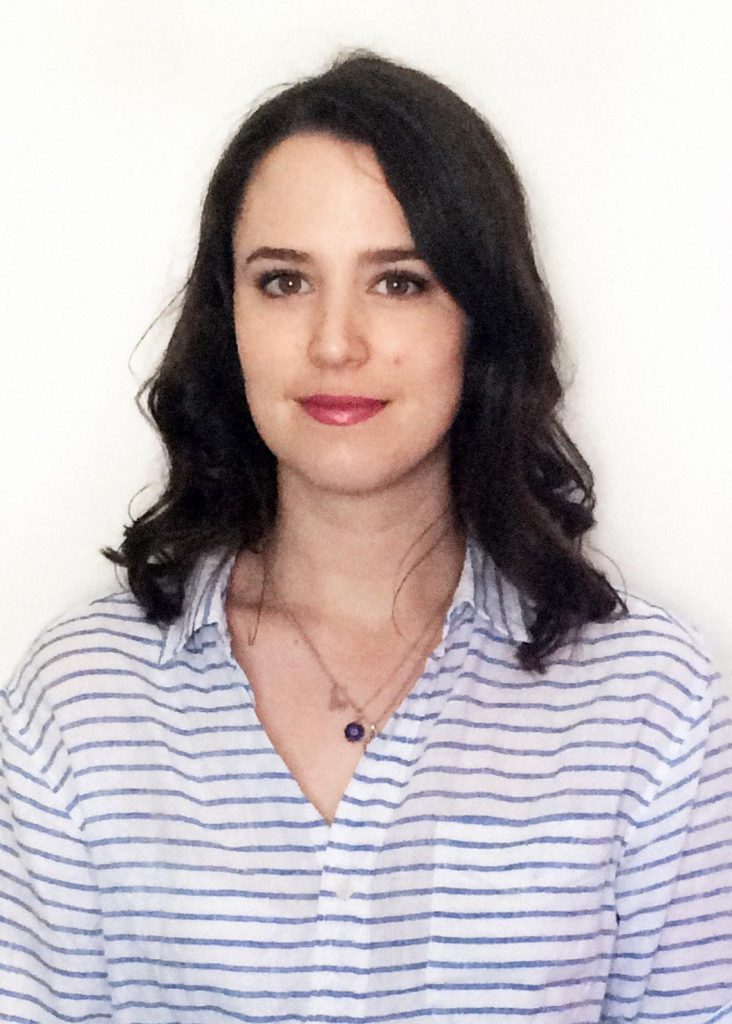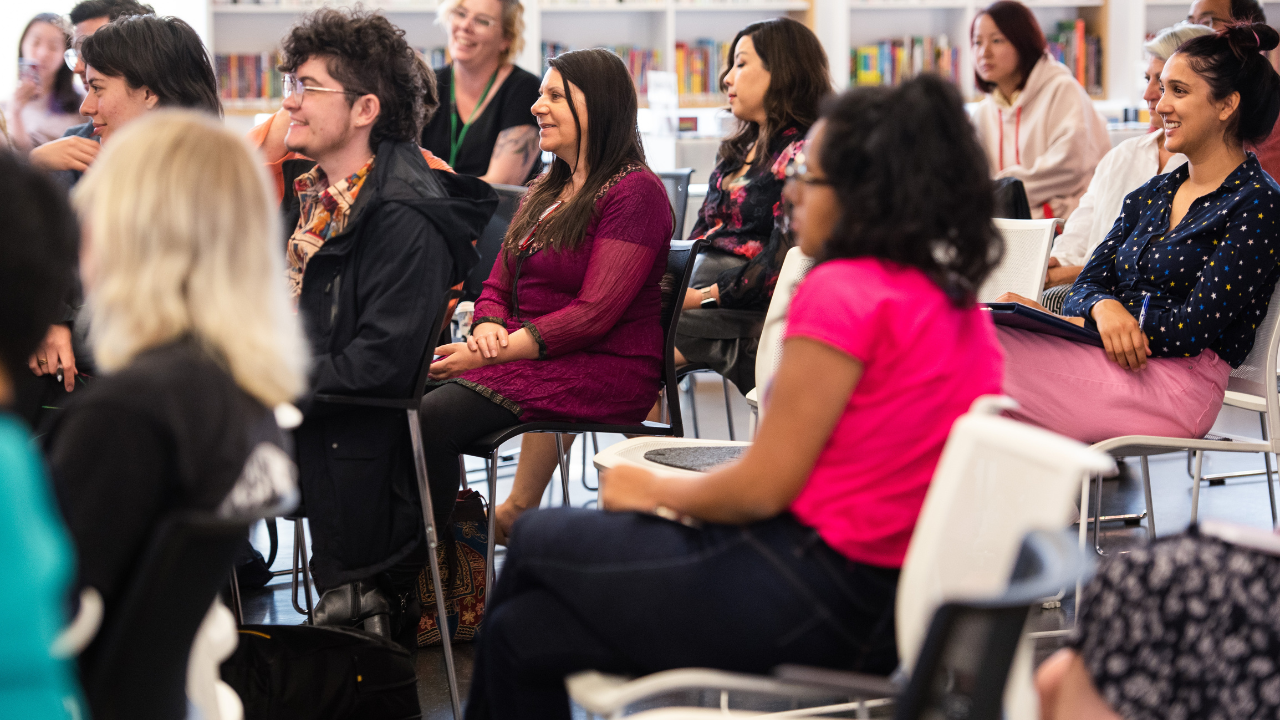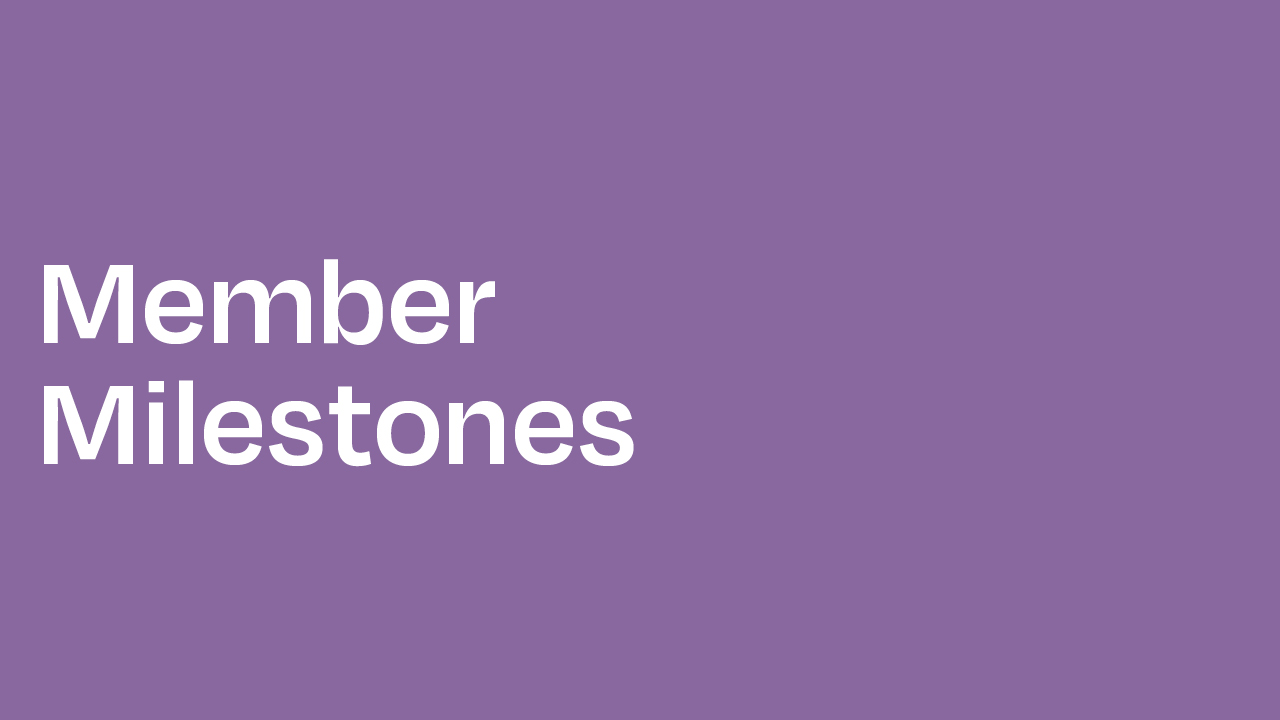When I started in this industry nearly a decade ago most publishers didn’t accept short story collections, submissions were made via post and social media accounts for Australian publishers were still a relatively new phenomenon. Self-publishing was taboo – an embarrassing endeavour – and no one had imagined that books by Youtubers would break sales records. For an industry that had remained largely unchanged for nearly two centuries, we’ve had an exciting – and at times nerve-wracking – few years. All the more so for Australia’s independents. Developments in technology, economies in local printing, the growth and subsequent levelling out of ebook sales and a strong literary journal culture have reshaped the local indie publishing scene – we’re now enjoying fertile conditions for new work, despite the savage cuts to the Australia Council.
Onto this bustling scene comes Brio Books, a new imprint at Xoum that I will be joining from the beginning of July. I’ve worked for Allen & Unwin, Murdoch and, most recently, for Giramondo – one of Australia’s most prestigious literary houses – and now am excited to develop a list of the finest in local and international writing.
In this new environment, I think there are two key questions for an author to ask. Who will be the best champion for my book and where will it find its home. In the case of self-publishing, the writer must be their book’s greatest advocate and they need both the financial and social wherewithal to get their book into the world. If the book finds a publisher, it’s not enough for a contract to be signed, edits delivered and the finished copies shunted into the world. The publisher needs to convince everyone in their company of the book’s significance so that each staff member becomes an evangelist for the book – only then will the book have the best chance to find its readers.
How do you find this champion? Where can you start looking? The answer is your favourite bookstore – be it Big W, an independent or an online retailer like Booktopia. Find the section where your book would be shelved or listed, have a look at the other titles there, check the spines and imprint pages or blurbs for the publisher’s details and then look up their website, investigate their catalogues and learn about their titles. Better still: buy a few and read them, learn about what’s out there already.
You’ll quickly find that there are Australian publishers who are interested in everything from cricketer’s autobiographies to autoethnographic poetry, from translated novels to tear-jerking memoirs. Once you’ve found some publishers that are interested in work similar to yours, investigate their submissions guidelines and send them your work.
I wish you luck as you set out on your publishing adventure and hope that you enjoy exploring along the way.
Alice Grundy is the newly appointedAssociate Publisher of Brio Books. Grundy has been working in the industry for nearly a decade,
overseas and locally, and most recently at Giramondo where she focused on developing new talent and literature in translation. She has worked with writers like Alexis Wright, Zoë Norton Lodge, Felicity Castagna and Fiona Wright and has presented at writers’ festivals, workshops and conferences in Kolkata, Jaipur, Beijing, Shanghai and the east coast of Australia. She is also the co-founder of Seizure.
Grundy will publish into the Xoum and Seizure lists as well as Xoum’s new literary imprint, Brio.








